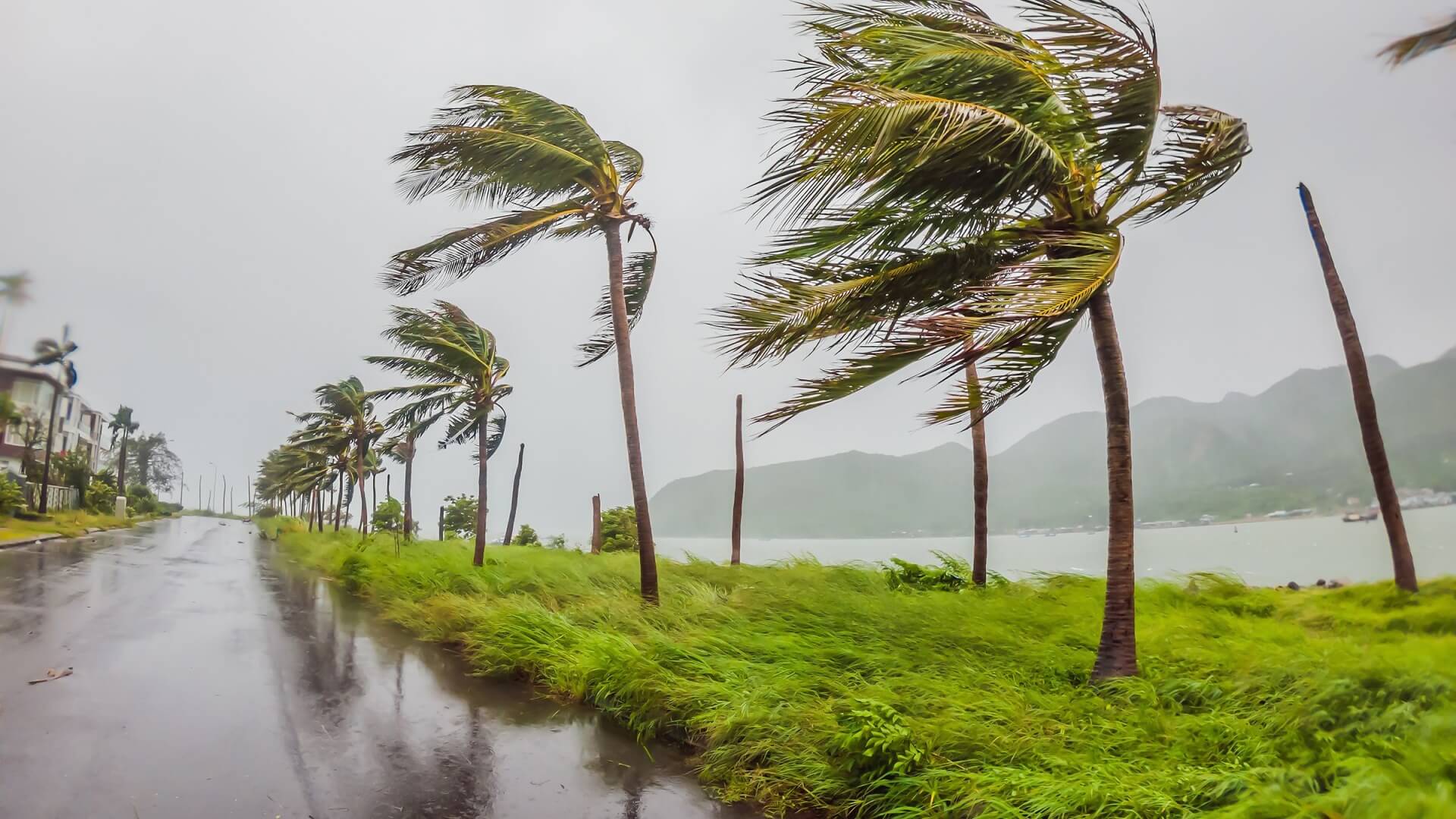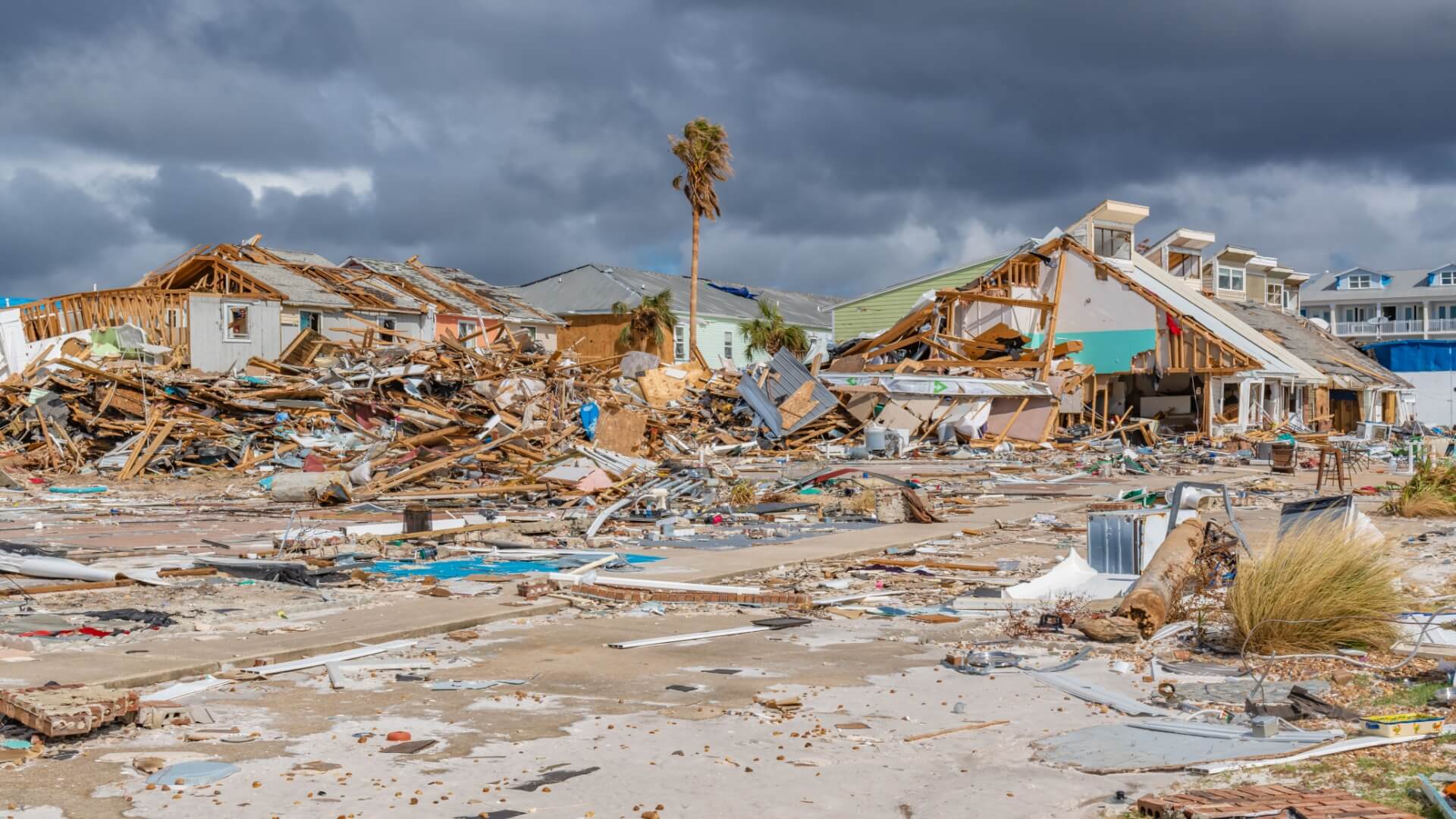When most Florida homeowners think about flood insurance, they picture waterfront properties or homes in FEMA-designated high-risk areas. But what if your home sits miles from the coast in what seems like a perfectly safe neighborhood? The answer might surprise you: flood insurance remains one of the most important protections you can have, regardless of your flood zone designation.
Florida’s unique geography and weather patterns create flooding risks that extend far beyond traditional flood zones. Understanding these risks — and the gaps in your standard homeowners insurance — could save you from devastating financial losses when the next storm hits. The flood and hurricane insurance attorneys at EC Law Counsel can help.
Understanding Florida’s Flood Zone System
Flood zones represent FEMA’s assessment of flood risk based on historical data, topography, and modeling. These zones range from high-risk areas (like Zone AE) where flood insurance is typically required for federally-backed mortgages, to moderate and low-risk zones (like Zone X) where coverage is optional.
The problem? These designations don’t tell the complete story of Florida’s flood risk.
FEMA maps focus primarily on river flooding and coastal storm surge under specific conditions. They don’t always account for the flash flooding that can occur during intense thunderstorms, the urban flooding caused by overwhelmed drainage systems, or the changing weather patterns that bring unprecedented rainfall totals to unexpected areas.
Many Florida communities have experienced significant flooding in areas previously considered low-risk. These events serve as stark reminders that flood zone maps represent probabilities, not guarantees.
Why Florida Faces Unique Flooding Challenges
Florida’s susceptibility to flooding stems from several interconnected factors that make the entire state vulnerable during hurricane season and beyond.
Geographic Vulnerability
Florida’s low-lying topography creates natural challenges for water drainage. Much of the state sits just a few feet above sea level, meaning even moderate amounts of water can cause problems. The peninsula’s flat terrain means water moves slowly, often pooling in unexpected areas when drainage systems become overwhelmed.
Hurricane Season Impacts
Hurricanes bring multiple flooding threats to Florida communities. Storm surge affects coastal areas, but the heavy rainfall associated with these systems can cause flooding hundreds of miles inland. A single hurricane can dump 10-20 inches of rain across vast areas, overwhelming rivers, lakes, and drainage infrastructure.
Even hurricanes that make landfall elsewhere can trigger flooding in Florida. The outer bands of storms passing offshore or striking neighboring states often bring torrential rainfall that can cause significant flooding throughout the region.
Changing Weather Patterns
Climate scientists have documented increasing rainfall intensity in Florida, with more frequent extreme precipitation events. These “thousand-year” storms seem to occur with increasing regularity, bringing rainfall totals that exceed the design capacity of drainage systems and flood control infrastructure.
Urban Development Effects
Rapid development has altered natural water flow patterns throughout Florida. New construction, parking lots, and roads create impervious surfaces that prevent water absorption and increase runoff. This means areas that historically drained well may now experience flooding during heavy rainfall events.
Why Every Florida Homeowner Should Consider Flood Insurance
Claims Data Reveals the Truth
Insurance industry data shows that approximately 25% of flood insurance claims come from properties outside high-risk flood zones. This statistic underscores an important reality: flooding can and does occur anywhere, regardless of flood zone designation.
Cost-Effective Protection
Flood insurance premiums for properties in low-to-moderate risk areas often cost less than $500 annually. When compared to the potential costs of flood damage — which can easily reach tens of thousands of dollars — flood insurance represents exceptional value for peace of mind.
Mortgage Lender Requirements
Some mortgage lenders require flood insurance even for properties outside high-risk zones. This requirement reflects the lenders’ understanding of Florida’s broad flood risk and their desire to protect their investment in your property.
Long-Term Value Protection
Flood damage can significantly impact your home’s value and marketability. Having flood insurance ensures you can quickly repair damage and maintain your property’s condition and value over time.
Hurricane Season Preparation
Florida’s hurricane season brings annual reminders of the state’s vulnerability to flooding. Flood insurance during hurricanes provides crucial protection when you need it most, covering damage from both storm surge and the heavy rainfall these systems produce.
When Flood Insurance Claims Go Wrong
Having flood insurance provides crucial protection, but the claims process doesn’t always go smoothly. Insurance companies may dispute the extent of damage, delay payments, or offer settlements that don’t fully cover your losses.
EC Law Counsel helps Florida homeowners navigate complex flood insurance claims. Our experienced flood damage attorneys understand the tactics insurance companies use to minimize payouts and fight to ensure policyholders receive the full compensation they deserve.
We assist with filing claims, negotiating settlements, and, when necessary, pursuing litigation against insurance companies that deny valid claims or offer inadequate settlements. Our team helps policyholders understand their rights under their flood insurance policies and guides them through every step of the claims process.
If you’re facing challenges with a flood insurance claim, EC Law Counsel offers free consultations to homeowners throughout Southeast and Southwest Florida. Contact us today.





